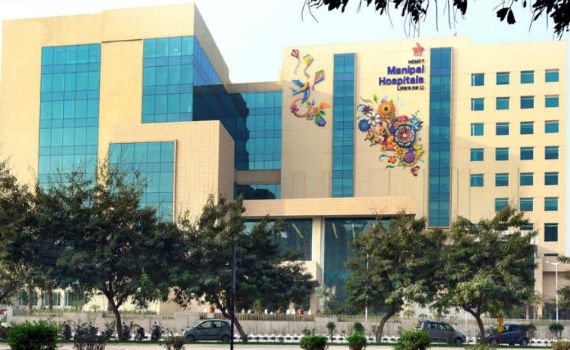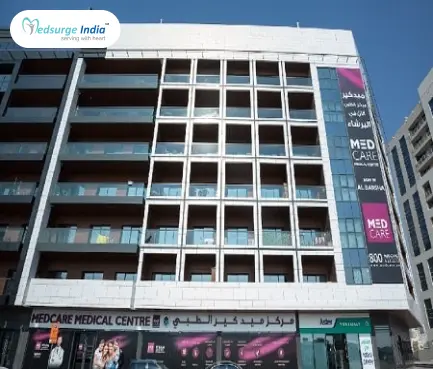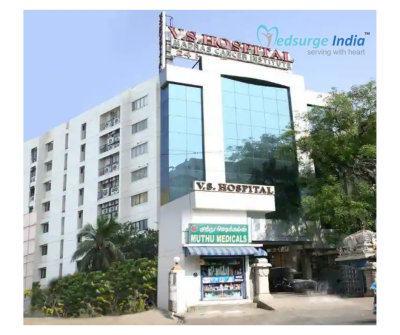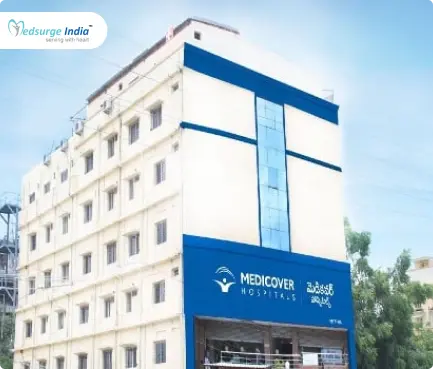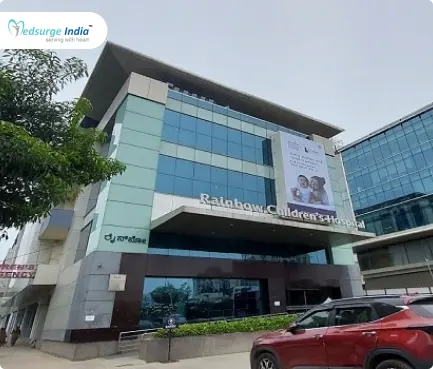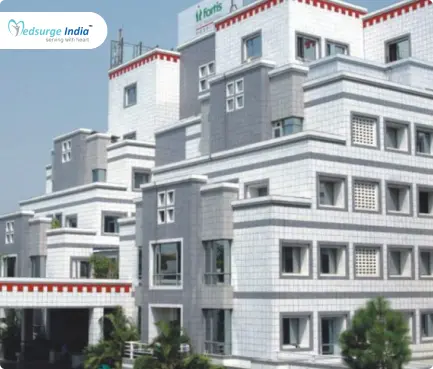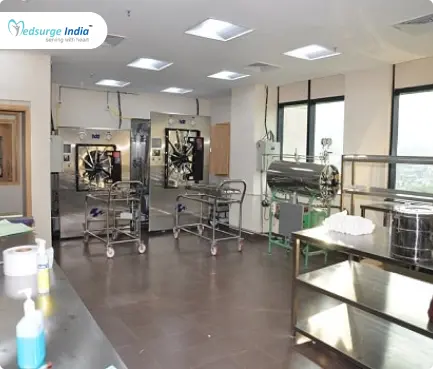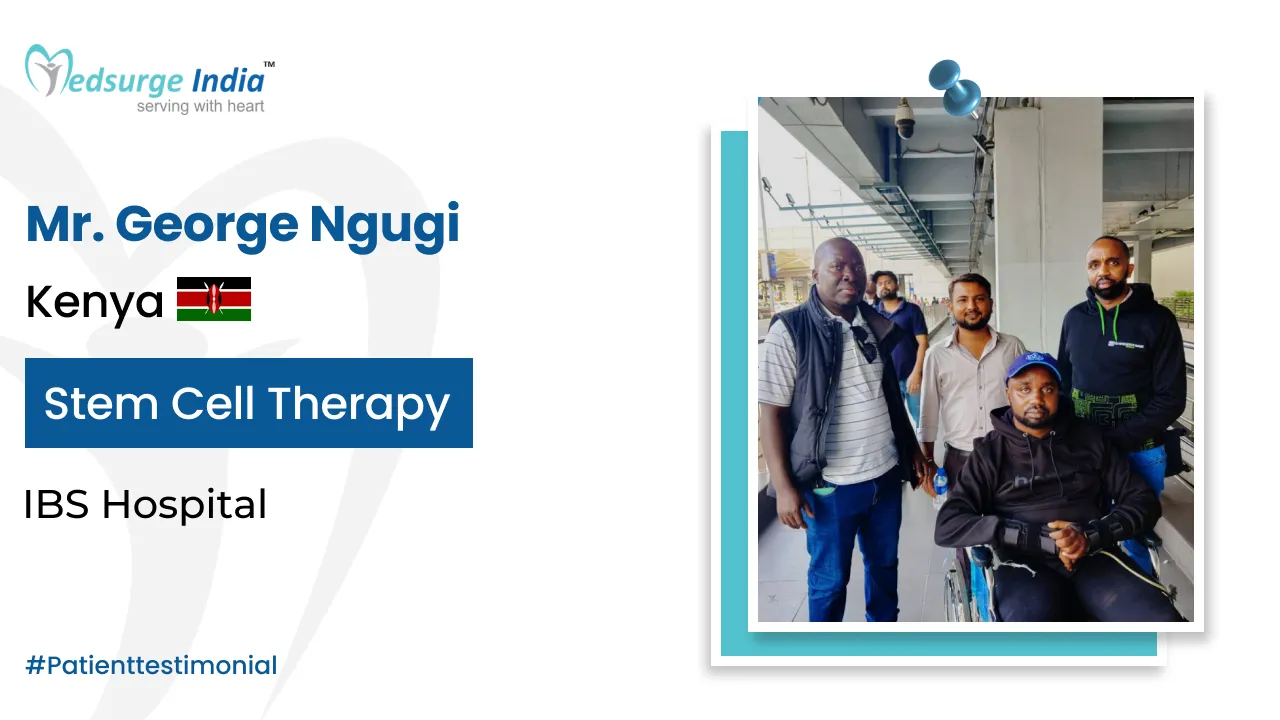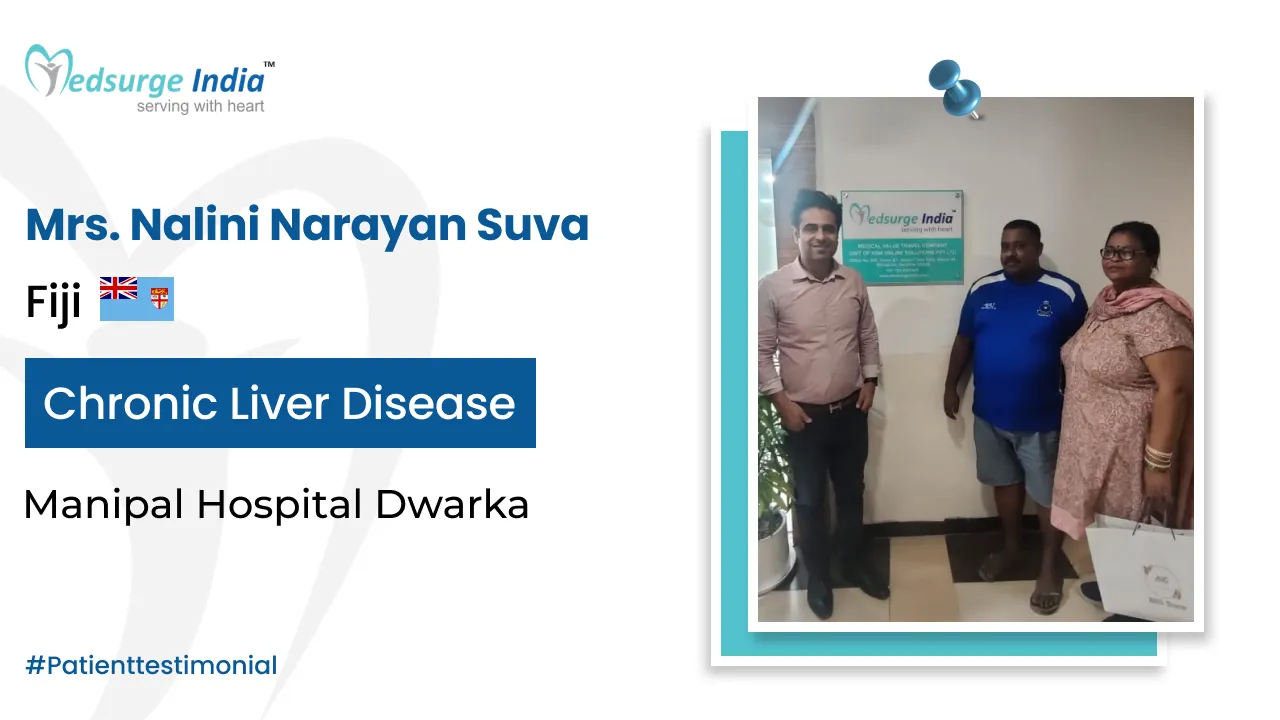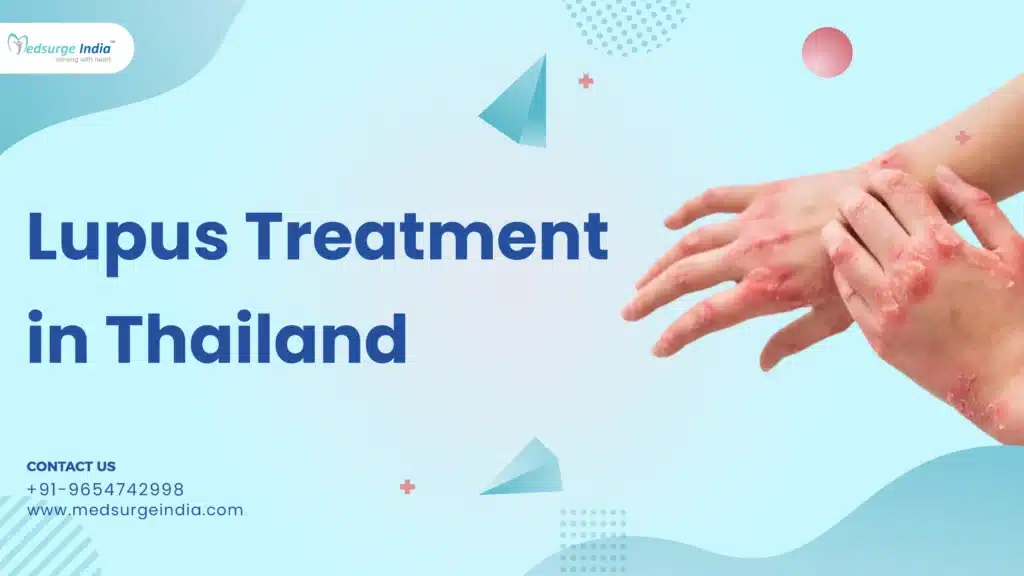
Lupus, an enduring autoimmune ailment that has impacted countless individuals globally. Manifesting symptoms that vary from joint discomfort and skin eruptions to more critical organ complications, Lupus can greatly influence an individual’s standard of living. While the pursuit for efficacious treatment persists, Thailand has emerged as a hopeful option for Lupus treatment, providing state-of-the-art medical amenities at a considerably lower expense in comparison to numerous other nations.
Lupus treatment cost in Thailand, which covers pre-examination, surgery, and additional fees, is comparably more affordable than in numerous other countries. The success of these treatments can be attributed in part to the advanced medical technology available in Thai hospitals and the expertise of the surgeons. In addition to these benefits, another key factor contributing to Thailand’s popularity for Lupus treatment globally is its cost-effectiveness without compromising on quality of care.
What is Lupus?
Lupus, also known as Systemic Lupus Erythematosus (SLE), is a condition where the immune system mistakenly attacks healthy tissues. This results in inflammation and damage to various parts of the body, including joints, skin, kidneys, heart, lungs, brain, and blood cells. The disease manifests in various forms, known as types of Lupus, and its diagnosis involves understanding its distinct symptoms.
Types of Lupus include:
- Systemic Lupus Erythematosus (SLE): The most common form, affecting multiple organs.
- Discoid Lupus Erythematosus: Primarily affects the skin, causing rashes and sores.
- Subacute Cutaneous Lupus Erythematosus: Presents as skin lesions triggered by sun exposure.
- Drug-induced lupus: Occurs due to certain medications and usually resolves after stopping them.
- Neonatal Lupus: Rare, affecting infants born to mothers with Lupus antibodies.
What Causes Lupus?
Lupus presently has no recognized cause. The cause of lupus is still a mystery, but research is ongoing. Although the precise etiology is unknown, there are a few things that could contribute to the illness. Possible contributing causes to lupus include:
- Environmental variables: The chance of contracting lupus can increase due to a multitude of environmental variables. Lupus may be brought on by a variety of elements, including drugs you use, viruses you may have been exposed to, stress, and how much sunshine you are exposed to. Smoking history may also be a significant factor in lupus.
- Your family’s genealogy: Lupus might have a hereditary component. Your risk of developing the illness is raised if you have lupus in your family.
- Hormonal changes: Women are more likely than men to develop lupus, which may be partially attributed to hormones like estrogen. Higher estrogen levels and women of reproductive age (between 15 and 44) are associated with an increased risk of developing lupus.
Lupus Treatment Cost in Thailand
The average Lupus treatment cost in Thailand starts from 2500 USD. The cost of Lupus treatment in Thailand will depend on the patient’s condition and the specific type of treatment recommended after the diagnosis. Therefore, the treatment package will vary accordingly.
Lupus Treatment Cost in Different Parts of Thailand
| Cities | Starting Price |
| Bangkok | 2600 USD |
| Chiang Mai | 2800 USD |
| Phuket | 2800 USD |
| Izmir | 2900 USD |
| Bursa | 2900 USD |
| Adana | 3000 USD |
Please keep in mind that the cost and treatment options for Lupus Treatment Cost in Thailand may differ based on the patient’s preferences and other factors.
Factors That Can Affect Lupus Treatment Cost in Thailand
Following stated below are some of the factors that can affect Lupus Treatment cost in Thailand:
- Medication costs.
- Duration of treatment.
- Geographical location.
- Hospitalization expenses.
- Government policies and subsidies.
- Medical tourism packages.
- Hospital reputation and infrastructure.
- The expertise and experience of medical professionals.
- The type and frequency of diagnostic procedures.
- The choice of treatment modality.
Lupus Treatment cost in Thailand not only provides top-notch medical care and facilities comparable to renowned healthcare institutions globally, but also takes into consideration accommodation, meals, and transportation expenses. Additionally, Medsurge India guarantees that patients will receive the most cost-effective Lupus Treatment cost in Thailand under the supervision of highly skilled doctors.
Lupus Treatment in Thailand
Lupus, a complex autoimmune condition, requires a multifaceted approach to treatment. Effectively managing its symptoms and minimizing its impact on daily life demands a comprehensive strategy tailored to each individual. Here, we delve into the key aspects of Lupus treatment, shedding light on the various approaches that contribute to a better quality of life for those living with this condition.
Medication Management
Medications play a crucial role in controlling Lupus symptoms and preventing flare-ups. Depending on the type and severity of Lupus, physicians may prescribe a range of medications, including:
- Nonsteroidal Anti-Inflammatory Drugs (NSAIDs) for managing pain and inflammation.
- Antimalarial drugs to reduce skin rashes and manage joint pain.
- Corticosteroids for suppressing inflammation during severe flare-ups.
- Immunosuppressants to modulate the immune response and control disease activity.
- Biologic therapies targeting specific immune pathways involved in Lupus.
Lifestyle Modifications
Adopting a healthy lifestyle can significantly impact the course of Lupus. Prioritizing regular exercise, maintaining a balanced diet rich in nutrients, and getting sufficient rest can enhance overall well-being. Additionally, protecting skin from sun exposure and stress management techniques can help prevent flare-ups.
Personalized Treatment Plans
Lupus affects individuals differently. Therefore, a personalized treatment plan is essential. Physicians collaborate closely with patients to understand their unique symptoms, concerns, and medical history. This collaborative approach ensures that treatment aligns with the individual’s needs.
Monitoring and Follow-up
Regular medical check-ups are crucial for tracking disease progression and treatment effectiveness. Ongoing monitoring allows for timely adjustments to medications and interventions, preventing potential complications.
Integrative Therapies
Complementary therapies such as acupuncture, yoga, and meditation can offer additional relief and contribute to stress reduction. These practices support the body’s natural healing mechanisms and promote overall well-being.
How can Medsurge India Help?
For people and patients looking for doctors, hospitals, and specialized treatments all across the world, Medsurge India serves as a distinguished ally. Finding the best medical options that are suited to your symptoms and requirements is the focus of our dedicated staff’s efforts. Our staff is committed to providing a list of reliable, registered medical professionals and healthcare facilities that are in line with your unique medical needs. Additionally, we offer treatment plans that take your budget into account and offer patients our assistance in obtaining travel authorizations, medical e-visas, and a variety of other crucial arrangements.
Get Free Cost Estimation
The Most Important Frequently Asked Questions
Q: Which Is the Most Effective Treatment for Lupus?
A: The medications frequently employed for managing lupus consist of Nonsteroidal anti-inflammatory drugs (NSAIDs). Nonprescription Nonsteroidal anti-inflammatory drugs (NSAIDs), like naproxen sodium (Aleve) and ibuprofen (Advil, Motrin IB, others), can be utilized to alleviate the pain, inflammation, and fever linked to lupus
Q: Can I Full Recover from Lupus?
A: At present, there is no known cure for lupus. Nevertheless, individuals with the condition may achieve full remission, during which their symptoms vanish for an extended period. Lupus is a chronic autoimmune illness that can impact various body parts, often leading to inflammation and discomfort.
Q: What Is the Main Root That Causes Lupus?
A: The development of lupus is believed to be influenced by both genetic factors and environmental factors. Individuals with a genetic predisposition to lupus may experience the onset of the disease after exposure to certain environmental triggers. Nonetheless, the exact cause of lupus remains largely unknown.
Q: Can Lupus Cure as One Age?
A: Lupus is a persistent condition. While certain individuals may experience a reduction in symptoms as they age, lupus remains present and does not disappear.
Q: Who Can Be at Risk with Lupus?
A: Lupus can affect anyone, although it is more commonly diagnosed in women, occurring approximately nine times more frequently than in men. While it typically manifests between the ages of 15 and 45, it is possible for lupus to develop during childhood or later stages of life.





